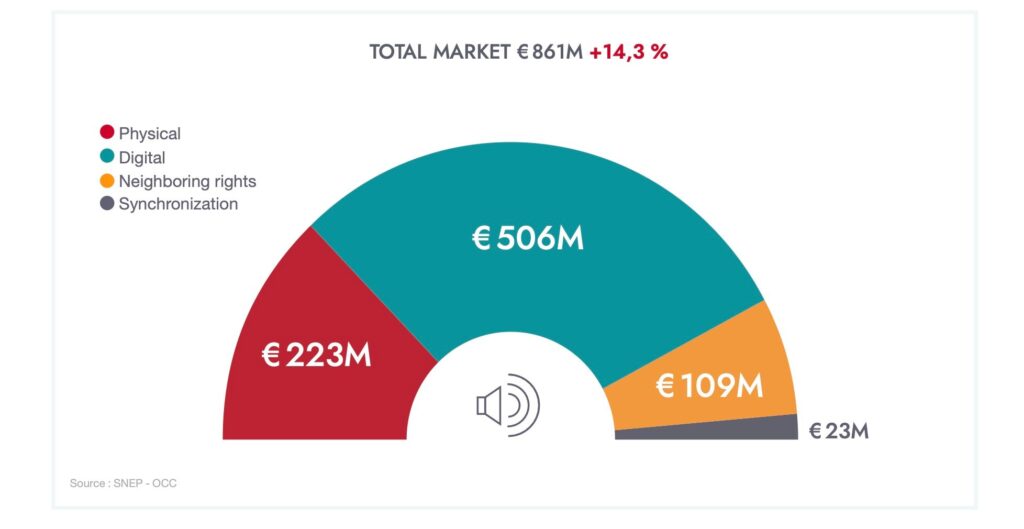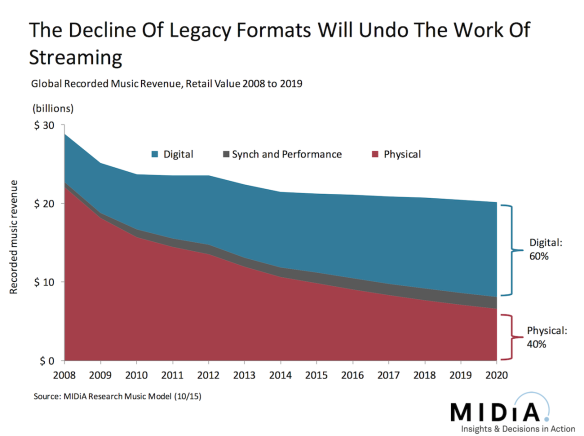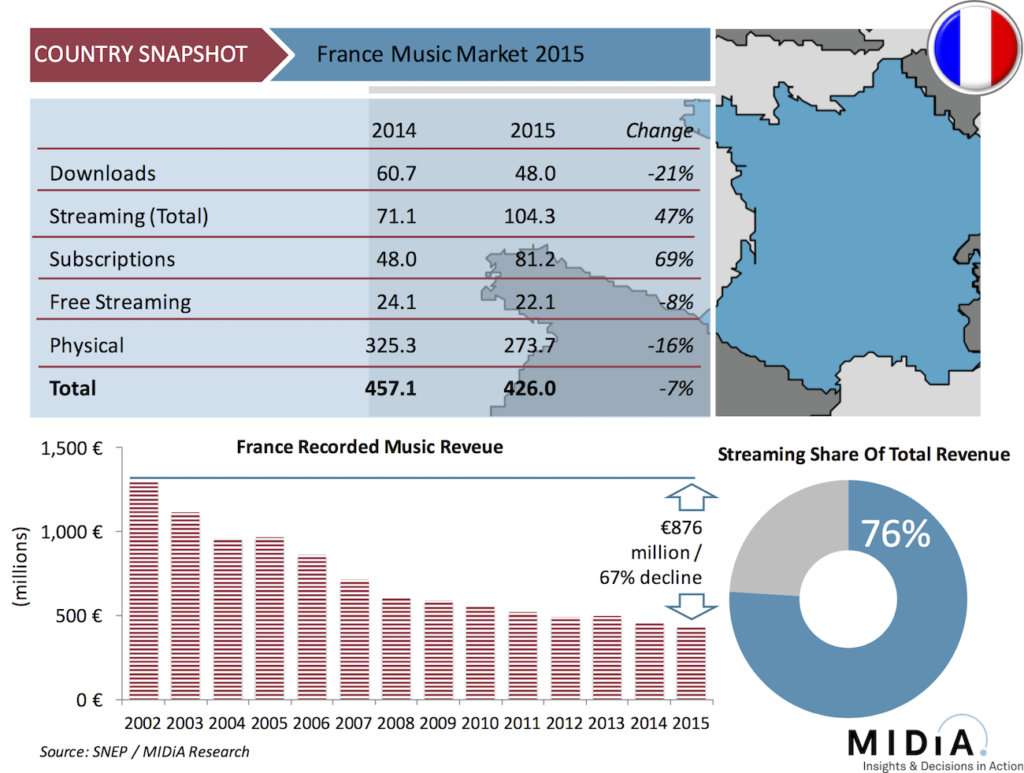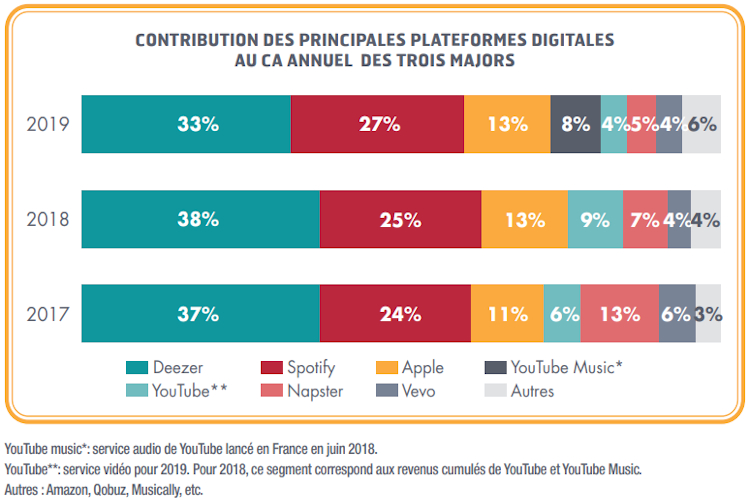French music has had a profound impact on the global music industry, with its rich history and diverse range of genres. Known for their poetic lyrics, romantic themes, and soulful melodies, famous French songs such as “La Vie En Rose,” “Pour que tu m’aimes encore,” “Papaoutai,” and “Tous Les Garçons Et Les Filles” have captivated audiences worldwide. These songs explore themes of love, loss, hope, and adventure, offering a timeless appeal that can evoke a variety of emotions. Whether it’s the classic chanson or contemporary pop and rock, French music continues to influence and inspire musicians and listeners alike on a global scale.

History of French Music
French music has a rich and vibrant history that dates back centuries. It has evolved and developed over time, influenced by various factors such as classical music and cultural movements. The origin of French music can be traced back to the medieval period when troubadours and trouveres composed and performed songs in the troubadour tradition. These songs were often lyrical and poetic, reflecting themes of courtly love and chivalry.
Origin of French music
The origins of French music can be traced back to the medieval period, specifically to the troubadour and trouvere traditions. Troubadours were poet-musicians who hailed from the southern region of France, while the trouveres were their counterparts from the northern region. These troubadours and trouveres composed and performed songs in the vernacular language, which was a departure from the Latin used in religious music. Their songs were often accompanied by instruments such as the lute or vielle. This marked a significant shift in the musical landscape of France, as it embraced secular music and poetry.
Influence of classical music
Classical music has had a profound influence on French music. During the Renaissance period, French composers such as Clément Janequin and Josquin des Prez achieved recognition for their compositions, which were characterized by complex harmonies and polyphony. This period also saw the rise of the chanson genre, which became a popular form of vocal music in France. Chansons were typically composed for multiple voices and were often performed at courtly gatherings and social events.
Development of chanson
The development of chanson as a genre played a crucial role in the evolution of French music. Chansons were composed for a variety of purposes, including courtly entertainment, religious events, and social gatherings. They were characterized by their melodic and lyrical qualities, often expressing themes of love, nature, and politics. Famous composers such as Guillaume de Machaut and Pierre Attaingnant contributed to the development of chanson, showcasing their mastery of vocal composition and harmonic structure.
Characteristics of French Music
French music is known for its unique characteristics and distinct style. These characteristics have played a significant role in shaping the identity of French music and distinguishing it from other musical traditions.
Poetic lyrics
One of the defining features of French music is its emphasis on poetic lyrics. French songwriters have a knack for crafting beautiful and evocative lyrics that resonate with listeners. Whether it’s expressing love, loss, or longing, French songs often touch on deeply emotional themes in a poetic and metaphorical manner.
Emphasis on storytelling
French music also places a strong emphasis on storytelling. Many French songs tell a narrative, whether it’s recounting a personal experience or painting a vivid picture of a particular place or time. The storytelling aspect of French music adds depth and richness to the songs, allowing listeners to connect with the lyrics on a deeper level.
Romantic themes
Romantic themes are prevalent in French music, reflecting the country’s reputation as the birthplace of romance. French songs often explore the complexities of love, passion, and desire. From tender ballads to passionate anthems, French music captures the intricacies of human emotions and the joys and sorrows of love.
Soulful melodies
Another characteristic of French music is its soulful melodies. French songs are often characterized by hauntingly beautiful melodies that tug at the heartstrings. Whether it’s the enchanting accordion melodies in chanson or the soul-stirring vocals of iconic French artists, the melodies in French music have the power to evoke strong emotions and create a lasting impact on listeners.
Influential French Artists
French music has been home to many influential artists who have made a significant impact on the global music industry. These artists have pushed boundaries, broken barriers, and paved the way for future generations of musicians.
Edith Piaf
No discussion of influential French artists would be complete without mentioning Edith Piaf. Known as the “Little Sparrow,” Piaf captivated audiences with her powerful vocals and emotive performances. Her songs, such as “La Vie En Rose” and “Non, Je Ne Regrette Rien,” have become timeless classics and remain beloved by listeners all over the world.
Jacques Brel
Jacques Brel was another iconic figure in French music. His songs, such as “Ne Me Quitte Pas” and “Amsterdam,” showcased his talent for storytelling and his ability to evoke intense emotions. Brel’s musical legacy continues to inspire artists across the globe.
Charles Aznavour
Charles Aznavour was a prolific singer-songwriter who made a lasting impact on both French and international music. With his expressive voice and heartfelt lyrics, Aznavour captured the hearts of millions of fans. Songs like “La Bohème” and “She” showcased his versatility and established him as one of the most respected artists in the industry.
Impact on Global Music Industry
French music has had a significant impact on the global music industry, introducing the world to the rich culture and language of France. Through cross-cultural collaborations, French music has influenced songwriting and musical techniques, leaving a lasting imprint on global music trends.
Introduction of French culture and language
French music has served as an ambassador for French culture and language, introducing people from all over the world to the unique traditions and customs of France. Through the universal language of music, French artists have been able to break down language barriers and connect with listeners on a deeper level.
Cross-cultural collaborations
French artists have collaborated with musicians from different countries and musical backgrounds, resulting in cross-cultural collaborations that have enriched the global music landscape. These collaborations have led to the fusion of musical styles and the exchange of ideas, creating a diverse and vibrant musical landscape.
Influence on songwriting and musical techniques
French music, with its emphasis on poetic lyrics and soulful melodies, has influenced songwriting and musical techniques across the world. The art of storytelling, which is a hallmark of French music, has inspired countless songwriters to explore narrative elements in their own compositions. Additionally, the soulful melodies found in French music have influenced the arrangement and instrumentation of songs in various genres.

French Music Genres
French music offers a diverse range of genres, each with its own distinctive style and characteristics. From classic chanson to contemporary pop and rock, French music has something for every musical taste.
Chanson
Chanson is one of the oldest and most traditional genres of French music. It is characterized by its lyrical and melodic qualities, often featuring poetic lyrics and expressive vocals. Chanson has its roots in the troubadour tradition and has evolved over time to incorporate various musical influences, making it a versatile and enduring genre.
French pop and rock
French pop and rock emerged in the 1960s and 1970s as a vibrant and energetic response to the global music trends of the time. French pop and rock artists infused their music with elements of traditional chanson and added a contemporary twist, resulting in a unique sound that reflected the changing times.
Electronic music
Electronic music has also found a place in the French music scene. French electronic artists have pushed boundaries and experimented with sounds and techniques, creating innovative and groundbreaking music. From pioneers like Jean-Michel Jarre to contemporary artists like Daft Punk, the French electronic music scene continues to thrive and evolve.
French Songs That Became International Hits
French music has produced several songs that have achieved international success and become beloved classics. These songs have transcended language barriers and resonated with listeners worldwide, showcasing the timeless appeal and universal impact of French music.
La Vie En Rose by Edith Piaf
“La Vie En Rose” is one of Edith Piaf’s most iconic songs. Released in 1946, it has become synonymous with Piaf’s legacy and French music as a whole. The song’s poetic lyrics and Piaf’s soulful vocals have made it a favorite among audiences around the world.
Non, Je Ne Regrette Rien by Edith Piaf
“Non, Je Ne Regrette Rien” is another timeless classic by Edith Piaf. Released in 1960, the song encapsulates Piaf’s spirit of resilience and determination. Its powerful lyrics and heartfelt delivery have made it an anthem for facing life’s challenges without regret.
Ne Me Quitte Pas by Jacques Brel
“Ne Me Quitte Pas” is a hauntingly beautiful song by Jacques Brel. Released in 1959, the song showcases Brel’s talent for storytelling and his ability to evoke deep emotions. Its heartfelt lyrics and melancholic melodies have resonated with listeners across generations.

Influence of French Music on Global Music Trends
French music has had a significant influence on global music trends, shaping artistic expression, melodic hooks, and emotional depth in songs across various genres.
Artistic expression and experimentation
French music has pushed boundaries and encouraged experimentation, inspiring artists across the world to explore new musical territories. French artists have embraced artistic freedom and used their music as a platform for self-expression, resulting in innovative and groundbreaking compositions.
Use of melodic hooks
Another area where French music has influenced global music trends is the use of melodic hooks. French songs are known for their memorable and catchy melodies that stay with listeners long after the song has ended. This emphasis on melodic hooks has influenced songwriting in various genres, leading to the creation of memorable and impactful songs.
Focus on emotional depth
French music has also influenced the focus on emotional depth in songs. French artists have a knack for crafting lyrics that evoke a range of emotions, from heartbreak to joy. This emphasis on emotional depth has resonated with listeners worldwide and has influenced the lyrical content of songs in different languages.
French Music Festivals and Events
France is known for its vibrant music festivals and events that celebrate the rich musical traditions and diverse talents of the country. These festivals provide a platform for both established and emerging artists to showcase their music and connect with audiences.
Fête de la Musique
Fête de la Musique, also known as Music Day, is a nationwide celebration of music that takes place on June 21st every year. It was first established in France in 1982 and has since become a global phenomenon, with cities all over the world hosting their own versions of the event. Fête de la Musique encourages amateur and professional musicians to perform in public spaces, creating a festive atmosphere and promoting the vibrant music scene in France.
Francofolies
Francofolies is an annual festival held in La Rochelle that celebrates French music and artists. Established in 1985, the festival brings together a diverse lineup of musicians from various genres, ranging from chanson and pop to rock and hip-hop. Francofolies not only showcases established artists but also provides a platform for emerging talents, helping to support and promote the next generation of French musicians.
Rock en Seine
Rock en Seine is one of the largest rock music festivals in France, taking place annually in the Domaine National de Saint-Cloud, located just outside Paris. Since its inception in 2003, the festival has featured renowned international acts as well as French artists, attracting music fans from around the world. Rock en Seine showcases the diversity and vitality of the French rock music scene and has become a must-attend event for music lovers.

French Music Industry Today
The French music industry continues to evolve and thrive, with prominent record labels and emerging artists making their mark on the global stage.
Prominent record labels
France is home to several prominent record labels that have played a pivotal role in shaping the French music industry and promoting French artists. Labels such as Universal Music France, Warner Music France, and Sony Music France represent a wide range of genres and artists, offering a platform for French musicians to reach a global audience.
Emerging French artists
The French music scene is constantly evolving, with emerging artists making their mark and pushing boundaries in various genres. From alternative pop to electronic music, French artists are making a name for themselves both in France and abroad. Artists like Christine and the Queens, Angèle, and Aya Nakamura have gained international recognition, showcasing the diversity and talent of the French music industry.
Conclusion
French music has a rich history and a lasting impact on the global music industry. From its origins in troubadour tradition to its modern-day evolution, French music continues to captivate audiences with its poetic lyrics, emphasis on storytelling, and soulful melodies. Influential artists like Edith Piaf, Jacques Brel, and Charles Aznavour have left a lasting legacy, while emerging artists are shaping the future of French music. With its diverse genres, international hits, and influence on global music trends, French music remains a powerful force in the world of music.







